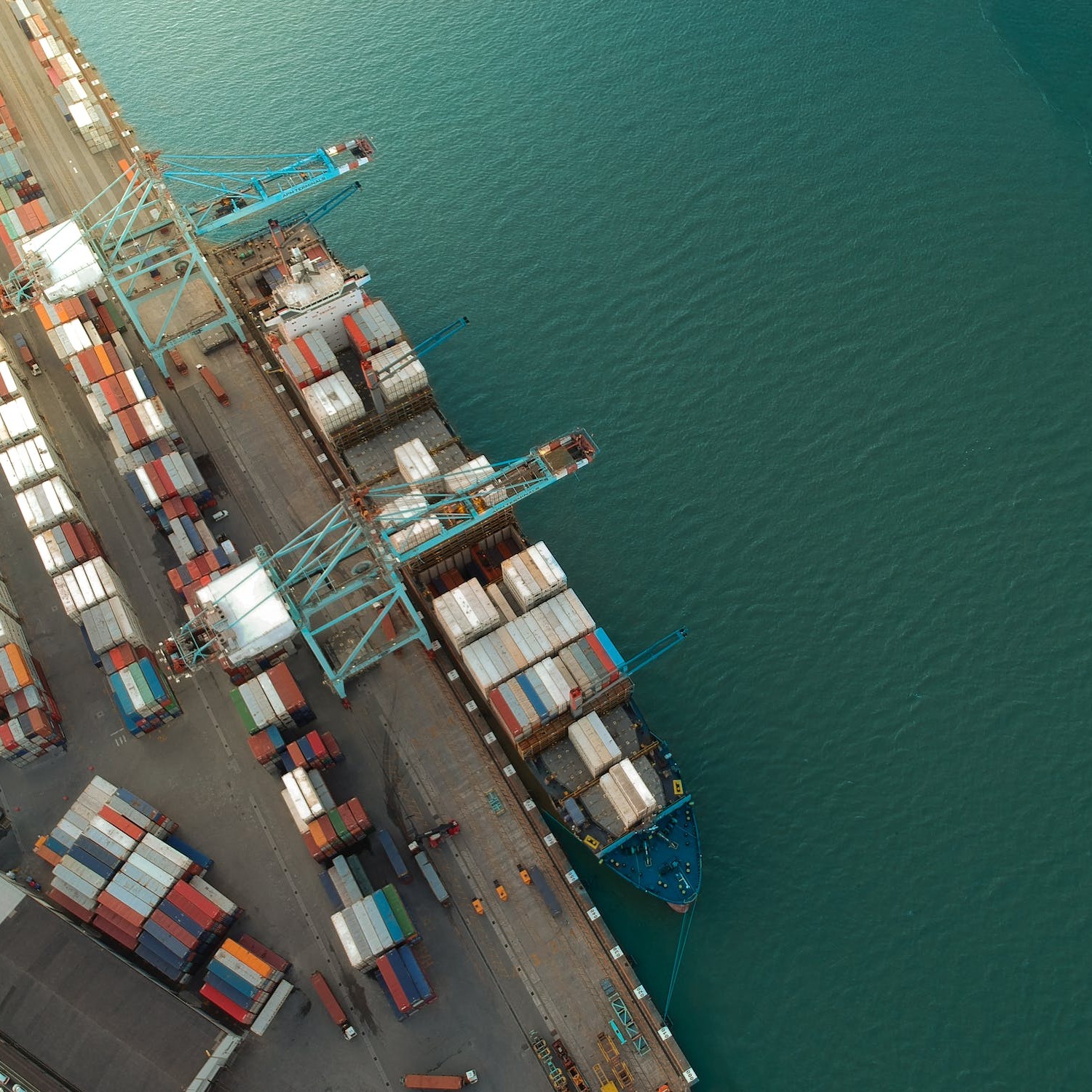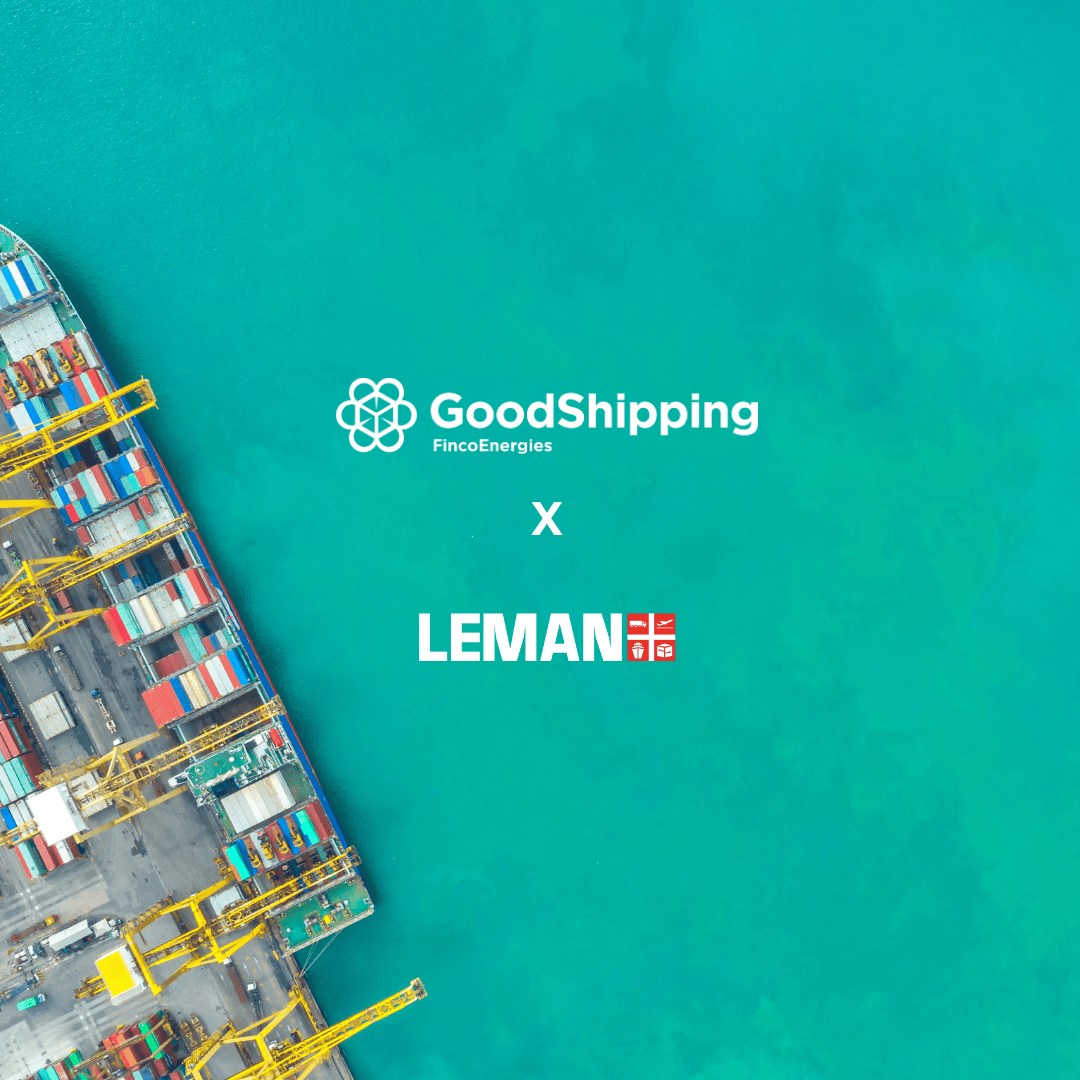

"In 2023, we reduced Scope 3 CO2 emissions despite increasing production. That's just the beginning. We're committed to sustainable materials and working with GoodShipping to mitigate transportation emissions, for the good of people and the planet."
Meet Anouk Vijverberg, Chief of Staff and ESG (Environmental, Social, and Governance) Director at Bugaboo. For 25 years, Bugaboo has stood as a well-known brand for baby gear such as strollers, highchairs, and car seats. Given their focus on designing for future generations, it's inherent for them to prioritise sustainability. Therefore, Bugaboo has evaluated its carbon footprint and joined forces with GoodShipping. GoodShipping offers an innovative service that reduces carbon emissions in shipping, aligning perfectly with Bugaboo's commitment to a sustainable future. And the rest is history? Not so fast.
The journey begins
Bugaboo began its journey to reduce carbon emissions around two and a half years ago, recognising the environmental impact of its products. Sustainability principles are integrated throughout the company, they trickle down from the management team to various departments and operational units. Led by Anouk, Bugaboo formed a dedicated ESG core team, demonstrating its dedication to creating a better world.
“We have this pioneering mindset, being bold and being responsible. We want to make an actual difference in sustainability.”
Overcoming obstacles
While the idea of starting a decarbonisation journey sounds promising, getting started can feel pretty overwhelming. Like many companies, Bugaboo encountered challenges along the way.
“When we first started, there was a knowledge gap when it came to truly understanding sustainability practices to lower emissions. While we had clear goals in mind, we didn’t exactly know how to get there. Where do you start?”
First, Bugaboo conducted an analysis of its carbon footprint across Scopes 1, 2 and 3, revealing that 80% of emissions stemmed from materials used in its products. To address this, the company started using materials with lower footprints, like bio-based plastics.
However, the second-largest emitter, upstream and downstream transportation, around 8% of their carbon footprint, presented a challenge beyond Bugaboo's direct control.
A pathway to decarbonisation
Enter GoodShipping: the game-changer and part of the solution in Bugaboo's sustainability journey. Introduced through mutual contacts in late 2021, Bugaboo swiftly joined their Ship to Zero campaign. This innovative initiative tackled carbon footprints head-on by teaming up with Dutch companies to successfully mitigate shipping emissions using a method called insetting.
What’s insetting, you ask? Insetting refers to the practice of reducing CO2 emissions directly within the sector where they originate. This approach allows for the decarbonisation of shipments. It involves transitioning from using fossil fuels to genuinely sustainable biofuels. In simpler terms, insetting means using a sufficient amount of sustainable biofuel, or another low carbon solution, to offset the same amount of CO2 emissions that would have been produced by the shipment. This sustainable biofuel is then used to power a vessel that would typically rely on fossil fuels.
Bugaboo dipped its toes in with a single trade lane, from Xiamen, China, to Rotterdam, The Netherlands. The results spoke volumes. With success on one route, they expanded their collaboration to cover all shipping routes, proving that big changes start with small steps.
“As we expand our trade lines and shipping activities through insetting, we increase the utilisation of bio-based fuels within the same supply chain, effectively reducing Bugaboo’s carbon footprint.”
Celebrating milestones
Looking back at 2023, Anouk expresses immense pride in Bugaboo's remarkable accomplishments in Scope 3 emissions.
“Bugaboo grew as a company, we increased sales and product transportation, and still we managed to reduce absolute emissions by approximately 6% compared to the previous year. That’s a great achievement.”
In Scope 3, covering transportation both upstream and downstream, Bugaboo's partnership with GoodShipping cut CO2 emissions by 1300 tons, initially reducing them by about 70% in the first year. This significant success is part of Bugaboo's ongoing efforts to mitigate emissions in Scope 3 transportation by up to 90%.
Sharing progress
Bugaboo shares this information with their main stakeholders through annual sustainability reports. They celebrate internally during town hall meetings, which are major company updates. The information is also shared on their website, accessible by scanning the QR code on each product, offering detailed explanations of the company's sustainability journey.
Bugaboo's current projects with GoodShipping primarily focus on sustainable transportation, with annual reassessments. In 2024, they aim to decarbonise all shipping trade lines through insetting, a major step forward. Anouk plans to invite GoodShipping experts to one of Bugaboo’s “town hall meetings”.
“Who better to explain decarbonising transportation and – for instance – the distinction between offsetting and insetting? We are not there yet. GoodShipping's knowledge and expertise offer valuable guidance for Bugaboo as we explore further initiatives in the market.”
Tips & tricks
Reflecting on Bugaboo’s sustainability journey, Anouk is eager to share valuable insights with fellow sustainability managers or cargo owners seeking to reduce transportation emissions. Here are her words of wisdom, acquired through nearly three years of decarbonising:
1. Prioritise open dialogue:
"Having open discussions with other companies, even competitors, is crucial. It's a chance to share experiences, learn from successes and challenges, and gain valuable insights to navigate your sustainability efforts more effectively."
2. Start small
"Start small, like Bugaboo did with their refurbishing program, and learn as you go. Gradually expand your efforts, adapting strategies to meet your own needs and consumer expectations."
Teamwork makes the dream work
In conclusion, Anouk sums up Bugaboo's aspirations.
“We hope to inspire others in our industry to start their own decarbonisation journey. We believe that collective action with solutions like GoodShipping is key to making a real difference.”
Through this collaboration, Bugaboo demonstrates that progressing steadily towards sustainability isn't merely an option; it's essential. Bugaboo has successfully found a good way to achieve their ambitious climate goals, taking it one step at a time.






.png)


